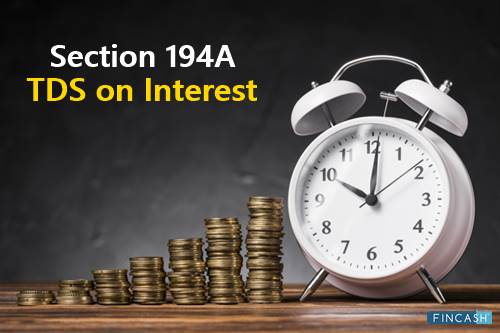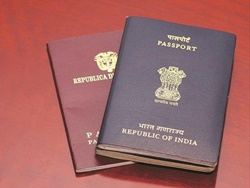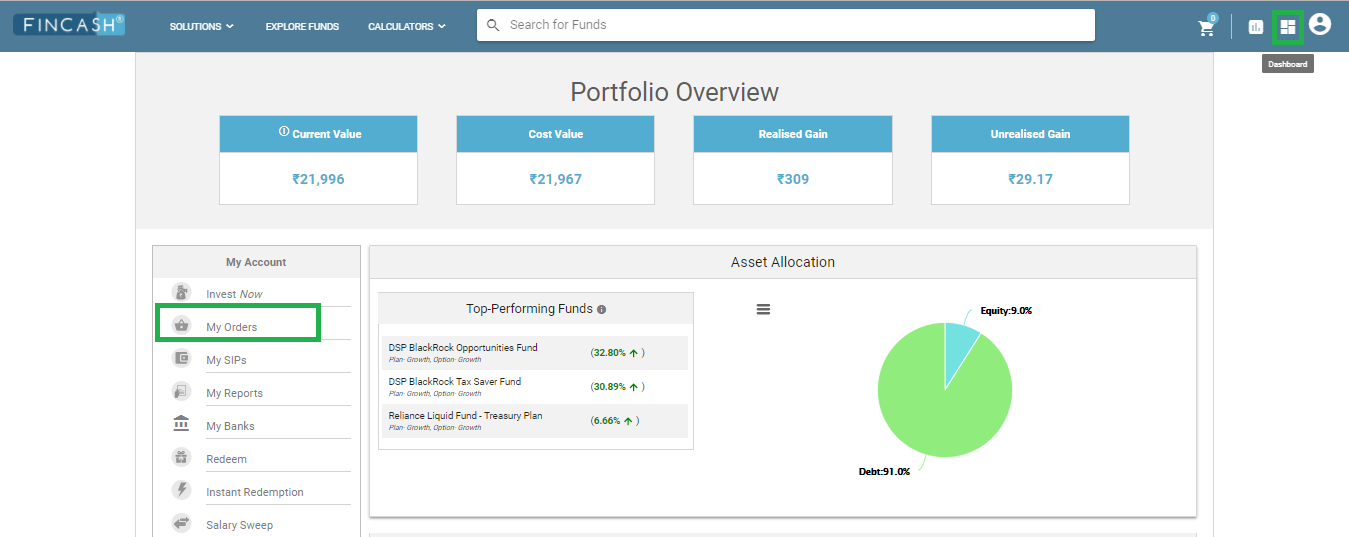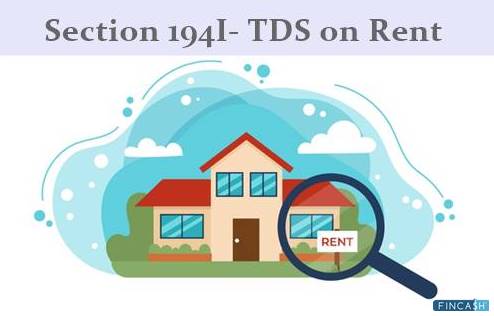
Table of Contents
- What is Section 194A?
- Who is Eligible to Deduct Tax at Source?
- The Deduction of TDS Under Section 194A
- Tax Deducted at Lower or Nil Rate
- Situations When Tax Deduction Under Section 194A is not Required
- The TDS Rate
- Conclusion
- FAQs
- 1. What does section 194A of the Income Tax Act cover?
- 2. When is a person exempted from TDS under 194A?
- 3. When is TDS under 194A not deducted?
- 4. When can you apply for a deduction of TDS under section 194A?
- 5. What is the rate of interest for TDS under section 194A?
- 6. What are the due dates for submitting the TDS as per 194A?
- 7. Has the rate of interest been reduced?
- 8. Under what circumstances is TDS under section 194A not required?
- 9. Is there any surcharge on the TDS rate?
Section 194A: A Complete Guide to TDS on Interest
As much as you believe it to be an easy job, earning interest from different sources, other than securities, could be quite a tedious thing, considering the Tax Deduction at Source for the same. But, did you know section 194A of the income tax Act has been introduced to deal with the same?
Under this section, you can claim a Deduction on the TDS of your interest earned as Income. Quite impressive, isn’t it? Read ahead to know more about this section and its varying aspects.

What is Section 194A?
Section 194A of the income tax act specifically deals with TDS deduction on the interest, like interest on loans and advances, interest on fixed deposits other than banks. You must keep in mind that this section does not cover the interest on the securities.
Also, this section is only available for residents of the country. Hence, the provision does not work in case the interest is paid to a non-resident. Although payments made to nonresidents do get covered under the mechanism of TDS, however, the deduction is raised under section 195 instead of 194A.
Who is Eligible to Deduct Tax at Source?
If anybody, apart from a HUF and an individual, is liable to pay an income to a resident of the country in the form of interest is eligible to deduct tax at source. Upon deducting, they must deposit the same amount to the government treasury within the given timeline.
The Deduction of TDS Under Section 194A
The deductor is allowed to deduct TDS under sec 194A, if the amount of interest is credited or paid; or is likely to be credited or paid in a specific financial year is exceeding Rs. 40,000 and the deductor is:
- Any banking institution or a banking company
- A cooperative society that is engaged in the banking business
- A Post Office
Further, from the financial year 2018-19 and onwards, no TDS is to be deducted on the interest up to Rs. 50,000 earned by senior citizens if the interest amount is coming from the following sources:
- Bank deposits
- Post office deposits
- recurring deposits
- Fixed deposits
Talk to our investment specialist
Tax Deducted at Lower or Nil Rate
In case the tax under 194A TDS is getting deducted at a lower or Nil rate, it would be happening under the following circumstances:
- When the declaration gets submitted in Form 15G or 15H under the section 197A.
If the declaration is being submitted under the section 197A by the recipient to the deductor along with the PAN, no tax will be deducted only if the below-mentioned conditions are fulfilled:
- The recipient is a person and not a firm or a company
- Previous year’s tax on total income is Nil
- Total income is not more than the exemption limit (not applicable if the receiver is a senior citizen)
Situations When Tax Deduction Under Section 194A is not Required
There are certain specific situations under which the TDS deduction will not be required, such as:
- If the total amount of interest on deposits (paid or to be paid) during the financial year is less than or equal to Rs. 10000 (if paid by a co-operative society/ bank/ post office) or Rs. 5000 (in other scenarios)
- Interest income is paid to a co-operative society, bank company, financial corporation, bank company, UTI, LIC involved in the business of insurance
- Interest is paid to a partner by a firm
The TDS Rate
The TDS gets deducted at different rates as per the 194A deduction limit, such as:
| TDS Rate | Threshold Limit | Paid By |
|---|---|---|
| 10% upon furnishing the PAN | Rs. 5000 | Anybody other than banks |
| 20% upon not providing the PAN | Rs. 5000 | Anybody other than banks |
| 10% upon furnishing the PAN | Rs. 10000 | Banks |
| 20% upon not providing the PAN | Rs. 10000 | Banks |
Also, note that no education cess, SHEC, or a surcharge will be added to the rates mentioned above. Thus, the tax will be deducted at the basic rate.
Conclusion
Considering how the government is always on its toes to ease out the hassle of paying interest and deducting TDS, this section came into the limelight with the same intention. So, if you are deducting Taxes, make sure you don’t skip over the section 194A.
FAQs
1. What does section 194A of the Income Tax Act cover?
A: It deals with provisions covering Tax Deducted at Source or TDS on securities other than loans and securities issued by banks and financial institutes. In other words, anyone who pays interest to a resident is required to deduct TDS
2. When is a person exempted from TDS under 194A?
A: If the recipient submits a declaration to the payer in the form of 15G, 15H, or Under Section 197A, then the TDS will be considered NIL, or the not TDS will be deducted.
3. When is TDS under 194A not deducted?
A: As per the ongoing budget, TDS is not deducted if the receiver's annual gross income does not exceed Rs. 2,50,000 for FY 2020-2021.
4. When can you apply for a deduction of TDS under section 194A?
A: The recipient can also apply for a deduction on the TDS if the interest payable falls under a Senior Citizen Scheme or if the recipient's income falls under the slab of Rs. 3,00,000 and Rs. 5,00,000. Depending on the income slab of the recipient, the TDS tax deduction rate will differ.
5. What is the rate of interest for TDS under section 194A?
A: The interest rate has been fixed at 10% if the recipient of the interest has provided the PAN details. Otherwise, tax will be deducted at the rate of 20% on the interest earned.
6. What are the due dates for submitting the TDS as per 194A?
A: For the months from April to February, the TDS can be submitted on the 7th of the following month. This means the TDS for May can be paid by the 7th of June. Only for March TDS has to be paid on or before the 30th of April.
7. Has the rate of interest been reduced?
A: For the year 2020-2021, the TDS has been reduced to 7.5%, keeping in mind the current pandemic situation. However, the upcoming budget will decide whether the interest will continue with 7.5% or will be changed back to 10%.
8. Under what circumstances is TDS under section 194A not required?
A: TDS under this section is not required if the individual is paying interest to a co-operative society, financial institute, bank, or insurance company. Similarly, it will also not be required if the interest is paid to a firm partner.
9. Is there any surcharge on the TDS rate?
A: No, there is no surcharge or educational CESS applicable to the TDS rate under this section.
All efforts have been made to ensure the information provided here is accurate. However, no guarantees are made regarding correctness of data. Please verify with scheme information document before making any investment.










